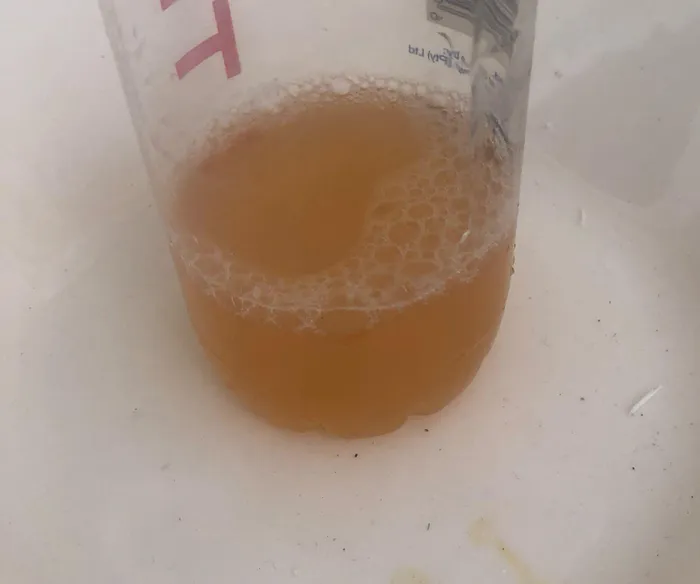
Musgrave residents were concerned about their health issues after their water pipe lines were contaminated with sewer water.
Image: Supplied
DISCOVERING that their tapped drinking water contained traces of raw sewage has become a bitter pill for residents of the upmarket suburb of Musgrave, Durban, to swallow.
They recently made the grim discovery after workmen attempted to repair a damaged eThekwini Municipality water line, and claimed that the authorities only notified them about their potable water quality might be compromised, more than five days later.
It emerged that a water supply pipeline in the Musgrave area was contaminated through seepage from adjacent sewer pipelines that was damaged while repair work was being conducted.
eThekwini ward 31 councillor Remona Mckenzie explained that on Friday, April 25, a waterpipe had burst, and while plumbers were excavating the road to expose the damaged pipe, they accidentally struck a sewer pipeline adjacent to it.
Mckenzie said this allowed sewage to sewage into the water network.
But she was alarmed by city only issuing a formal "boil water alert" on May 1, which she believed was far too late.
McKenzie said residents raised concerns about a foul smell emanating from their tapped water and washing machines, and were worried about how it would impact their health.
Residents of Vause Road, who spoke on condition of anonymity, stated that they were waiting for the eThekwini Municipality's notice on whether it was safe to consume the water.
On Tuesday, eThekwini's spokesperson, Gugu Sisilana, said the water was safe to drink, after quality checks were conducted.
One of the residents said her washing machine was switched on when she noticed the colour of the water had turned brown. She said some residents had to replace the filters in their washing machines and fridges.
“The water had a foul smell and later we found out it was sewage. The municipality had come out twice to take water samples but they kept us waiting on whether we can drink the water. In the interim we are buying copious amounts of water in plastic bottles,” they said.
Mckenzie said she discovered that emergency protocols had not been activated, that valves remained open, the sewer team was ill-equipped, and no excavation machinery had been requested despite the trench being too deep to dig manually.
"The site foreman failed to assess the scene or act with urgency, and the water department refused to assist the sewer department, further compounding the delay,” Mckenzie said.
McKenzie said that she initiated immediate laboratory testing of the water supply, requested a list of affected properties, and ensured that all impacted households were included in the sampling.
“Lab results later confirmed the presence of E. coli, which verified residents' concerns. This was a preventable health hazard. The failure to act decisively, the lack of coordination between departments, and the disregard for emergency protocols placed residents at unnecessary risk. I am demanding a full investigation, accountability for negligence, and a comprehensive review of the city’s emergency response systems,” said McKenzie.
In a public notification statement issued by eThekwini water and sanitation's acting area manager, Sandile Cele, he said that the unit takes pride in maintaining drinking water quality.
“We monitor our drinking water quality on a regular basis and we have discovered a slight water quality problem, which we are in the process of rectifying. As a precautionary measure, we would advise residents to boil drinking water to ensure their health is not affected in any manner. We are currently taking precautionary action in the pipelines in the area as well as the supplying reservoir,” Cele said.
Sisilana confirmed that the circulated message by Cele was an official public notice issued by the municipality as part of the standard communication process during water quality incidents.
"There was cross-contamination caused by a burst water pipe and sewer pipe in the same vicinity. As a result, control measures were promptly implemented in line with the municipality’s incident management protocol to safeguard public health," Sisilana said.
Additional reporting, Daily News
zainul.dawood@inl.co.za
DAILY NEWS
Related Topics:
